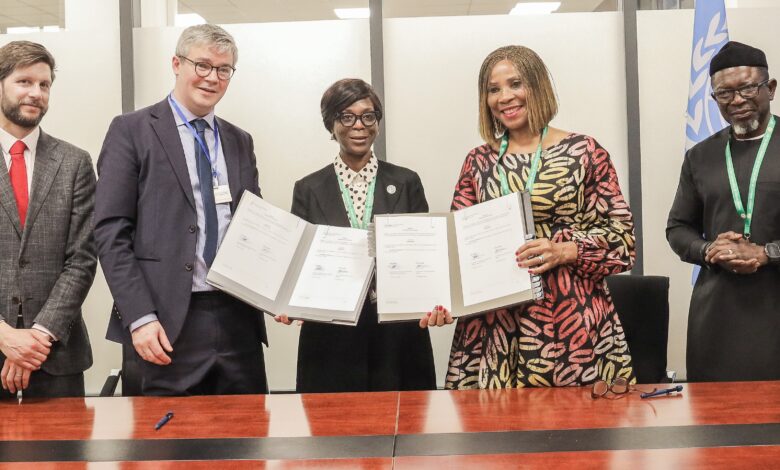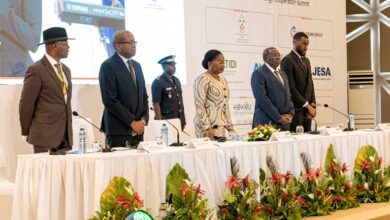UNDP and Sylvera Partner to Boost Africa’s Access to Carbon Market Data

In a groundbreaking move to enhance Africa’s engagement in global carbon markets, the United Nations Development Programme (UNDP) and Sylvera, a leading carbon data platform, have launched the Carbon Data Access Partnership (CaDAP). The partnership, unveiled on the sidelines of the 38th African Union Summit, aims to provide African governments with comprehensive data on over 21,000 carbon projects through Sylvera’s advanced platform.
This initiative is designed to empower African nations to effectively leverage opportunities under Article 6 of the Paris Agreement, which governs international carbon trading. By equipping governments with data on existing and planned carbon projects, CaDAP seeks to unlock significant carbon finance, inform policymaking, and create favorable regulatory environments to attract much-needed investment in the continent’s carbon markets.
“Allister Furey, CEO of Sylvera, emphasized the importance of Africa’s role in achieving global net-zero goals. ‘Africa has a critical role to play in the journey to net zero, with the continent at the forefront of driving meaningful climate action. By partnering with UNDP, we are leveraging their expertise to deliver transformative carbon insights that will not only advance climate action but also spur economic growth,’ he said.”
Ahunna Eziakonwa, UN Assistant Secretary-General and Director of the UNDP Regional Bureau for Africa, added that credible and comprehensive data is key to maximizing Africa’s benefits from carbon markets. “Through this partnership, African governments can access the insights needed to engage more effectively with carbon markets and make informed policy and investment decisions,” she said.
Addressing Africa’s Carbon Market Challenges
Despite its vast potential for high-integrity carbon projects, Africa’s carbon credits have historically been undervalued due to limited access to transparent data and standardized rating mechanisms. The CaDAP initiative aims to change this narrative by equipping governments with critical insights on project performance, environmental impact, and additionality—key factors for enhancing credibility and attracting higher-value investments.
This move is expected to advocate for fair pricing of African carbon credits, reflecting their true climate and development benefits. By ensuring transparency and promoting a standardized approach, the partnership could position Africa as a competitive player in the global carbon market while also addressing critical development needs.
Implications for Policy and Investment
The partnership is expected to support African countries in creating robust regulatory frameworks that foster investor confidence and readiness to capitalize on carbon finance opportunities. It aligns with broader efforts to ensure that African nations are not left behind in the global transition to net zero.
With the CaDAP platform now available to African governments, the focus will be on maximizing its potential to deliver actionable insights, attract higher-value investments, and drive a fair and equitable net-zero transition for the continent.
This initiative marks a significant step in bridging the gap between Africa’s carbon market potential and its ability to capitalize on global climate finance opportunities. As the partnership takes root, experts anticipate it will contribute not only to Africa’s economic growth but also to its leadership in global climate action.



